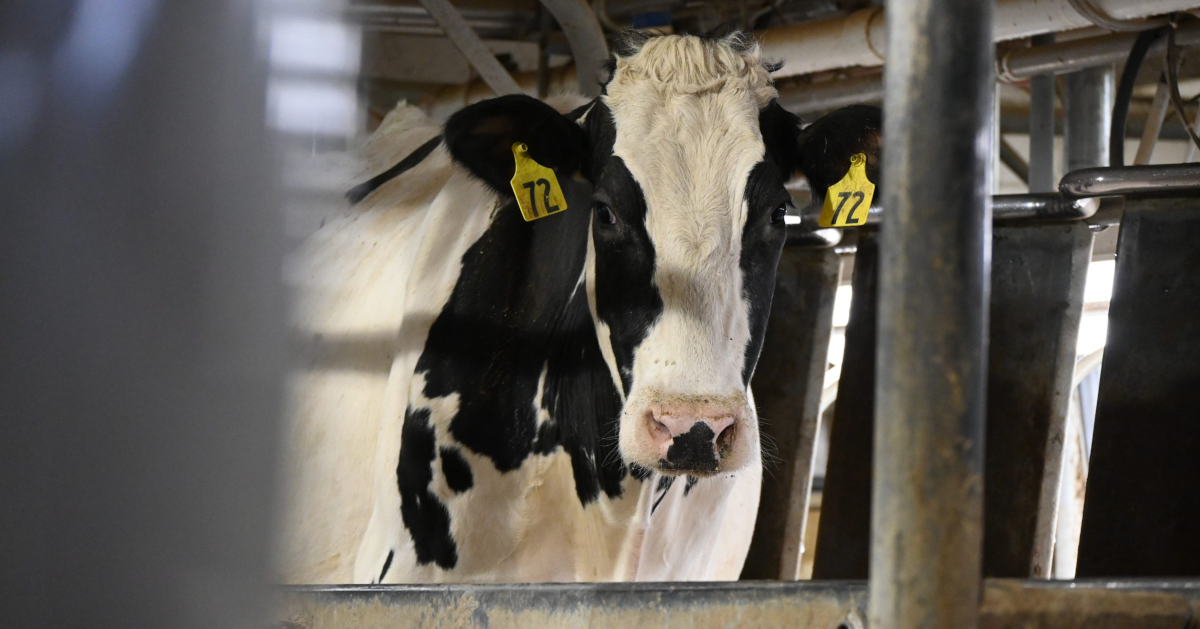Hey there, fellow seekers of a healthier and more mindful lifestyle! I’m about to tell you some things you might not want to hear but need to hear. At the beginning of this year, I broke up with meat and dairy. And I must say, the transformation I’ve experienced – physically, mentally, and emotionally – has been nothing short of profound. Today, we’re diving deep into the world of dairy because it’s high time this topic gets the attention it deserves.
Dr. Bobby
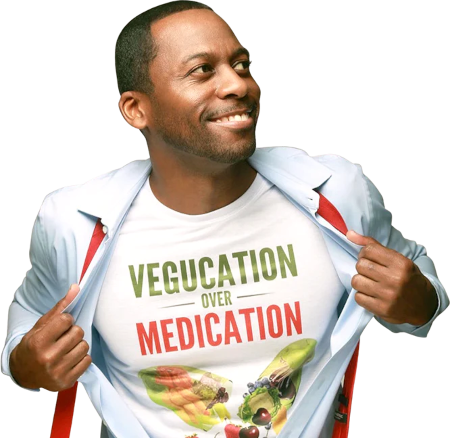
Dr. Bobby Price, a holistic doctor and the brilliant mind behind Veducation over Medication opened my eyes to the fact that the consequences of consuming dairy far outweigh any perceived benefits. As someone who once worked in the pharmaceutical industry, he’s now on a mission to prove that a plant-based lifestyle is the ultimate dietary choice for us humans. Inspired by his research, I decided to pen this article because I believe many folks underestimate how much dairy may be affecting their lives.
A Case Against Milk
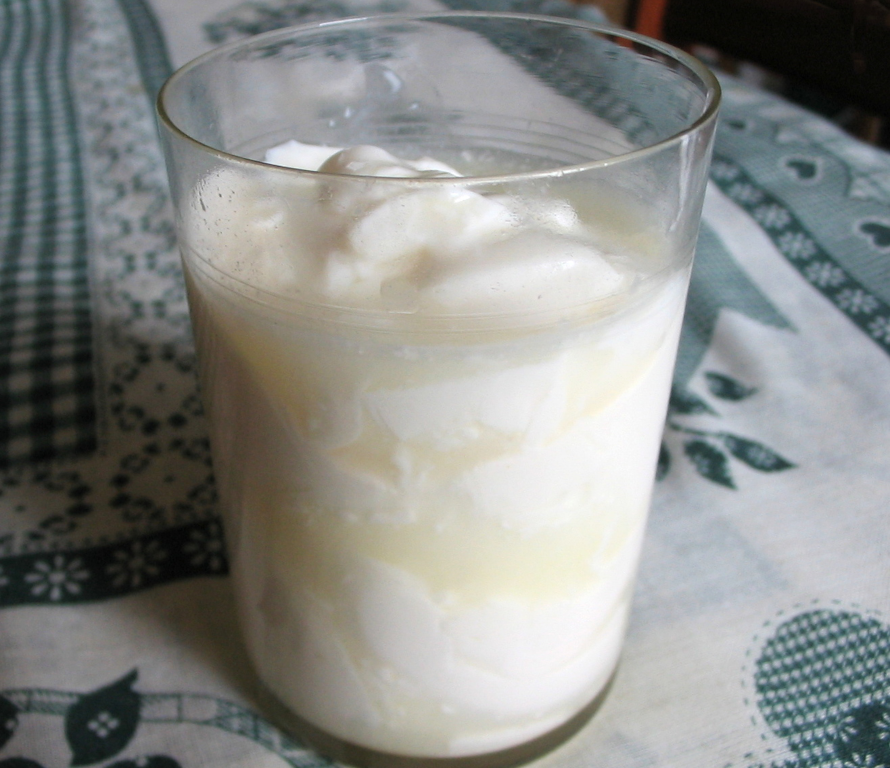
Remember those commercials bombarding us with the idea that cow’s milk is the magical elixir for building strong bones? Yeah, that’s been ingrained in Western society for ages. But it got me thinking, when and why did we decide to swap human breast milk for cow’s milk? In nature, mammals start lactating right after giving birth and wean their offspring off milk after infancy. Except for us humans. You won’t catch any other species sipping on another species’ milk in the wild. Each type of milk is tailor-made for its own kind. For instance, cow’s milk is specially designed to turn an 85-pound calf into a 500-pound beast in less than a year. How ironic that we’re genetically incompatible with cows, and yet we’ve come to believe that cow’s milk is not only preferred, but necessary!
The Signs Are All There
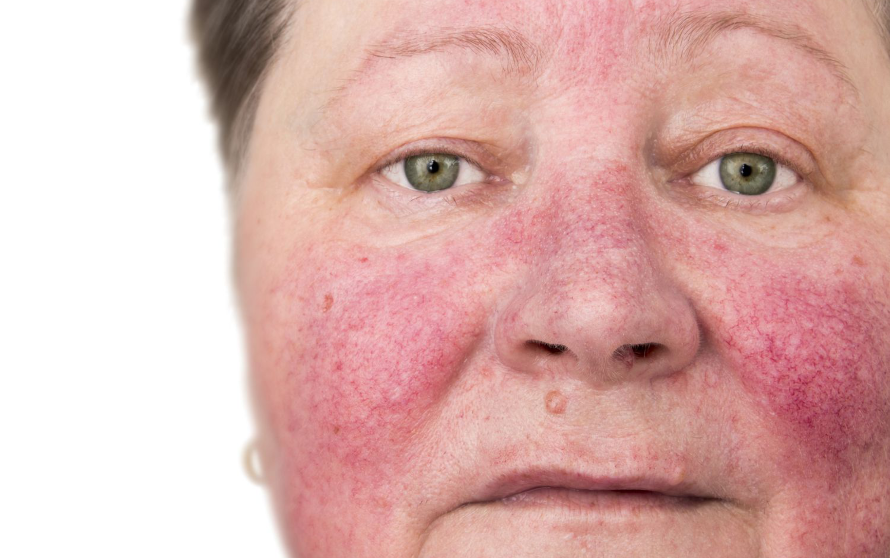
This incompatibility is the reason why dairy is one of the most common food allergies out there. Consuming dairy triggers immune reactions leading to mucus production and inflammation. It can cause ear infections, respiratory issues, post-nasal drip, sinusitis, nasal congestion, rashes, hives, eczema, and digestive problems. These issues are particularly common in children, and cutting out dairy can significantly improve their condition.
Milk, or Cancerous Sludge?
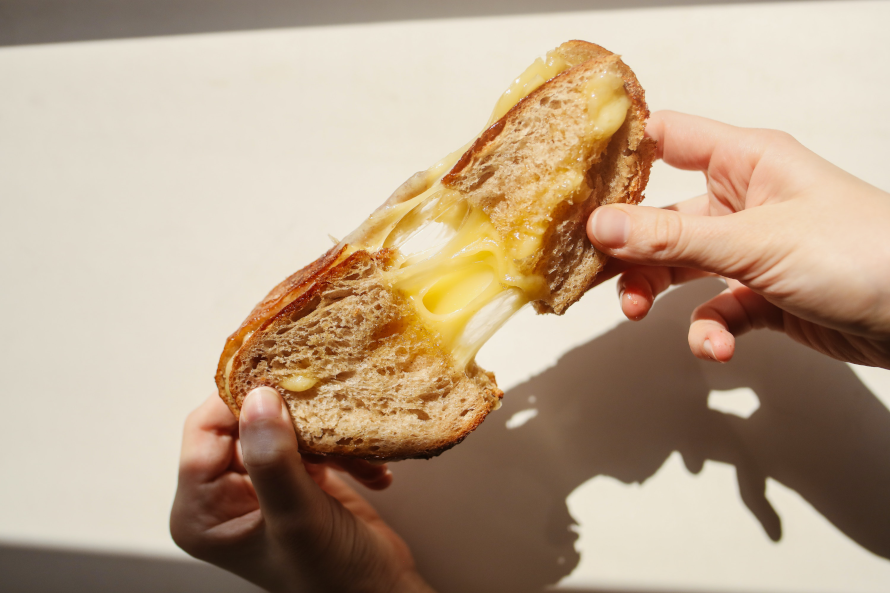
Let’s talk about two troublemakers lurking in milk – whey and casein. Whey protein is rapidly absorbed, causing insulin and IGF-1 (Insulin Growth Factor-1) levels to skyrocket. While crucial for children’s growth, in adults, this can fuel the production and spread of cancerous cells. Dr. Price aptly calls IGF-1 “rocket fuel for cancer growth”, and it doesn’t matter if it’s organic or raw – the effects remain the same.
Casein: Addictive Goo
Casein, on the other hand, makes up the lion’s share of milk protein. It’s an insoluble, clump-forming protein that takes hours to digest. According to Dr. T. Campbell, the author and researcher of The China Study, “Casein, which makes up 87% of milk protein, is the most relevant cancer promoter ever identified.” Yes, human breast milk contains casein too, but cow’s milk packs 300 times more per serving. Casein’s slow digestion leads to the release of casomorphins, addictive morphine-like compounds capable of triggering histamine release. This is why 75% of the world’s population reacts to dairy in some way.
Say Cheese!
Now, let’s chat about cheese. It’s loaded with casomorphins that slow down intestinal movement, acting like an opiate painkiller. Just one block of cheese requires a whopping 10 gallons of cow’s milk. Most of the water and whey protein are stripped away during processing, leaving behind a concentrated mix of fat and casein protein filled with those opiate compounds. No wonder quitting dairy is the real challenge for those transitioning away from meat and dairy.
Dairy in Disguise

Dairy is sneaky; it hides in various consumables like baked goods, candies, and even medications. Casein even pops up in glues, adhesives, and plastics. Do you want to ingest something that promotes cancer and can turn your intestines into a glue-like mess?
When milk proteins coagulate in your stomach, they form hard-to-digest curdles, creating a paste that retards nutrient absorption and impairs the immune system. Unfortunately, most of the nutritional value in dairy is lost through pasteurization, which degrades calcium and makes it less absorbable. Sometimes, synthetic calcium is added, but your body doesn’t absorb it as efficiently, leaving you deficient.
Where Do I Get My Calcium?
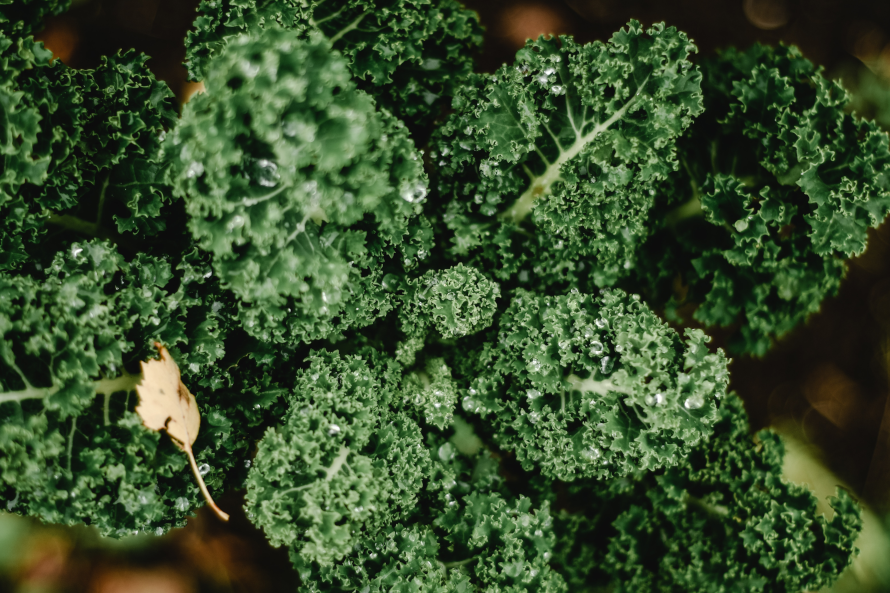
Fear not, my fellow dairy-ditchers! Calcium is abundant in nature’s greens, like kale, collard greens, mustard greens, and the delightful rainbow chard. You can also score calcium from sesame seeds, with just one tablespoon providing a healthy dose. Tahini, a Mediterranean sesame paste, is another calcium-packed option and makes a fantastic salad dressing.
But What about Vitamin D?

Vitamin D, often known as the sunshine vitamin, is a hormone our bodies can’t produce on their own. Dairy won’t help much here; you’d need to guzzle down 100 cups of milk daily to prevent a deficiency. Instead, let the sun do its magic by exposing yourself to it for 20 minutes, four times a week. Plus, dairy is acidic and makes your blood acidic too. To counter this, your body will tap into its alkaline reserves, which means leaching calcium from your bones – a one-way ticket to osteoporosis!
Final Thoughts
Despite studies like the China Study and a wealth of information highlighting dairy’s dark side, the US government continues to incentivize beef and dairy production. But hey, I won’t delve into all of that here – it’s essential for you to do your research and take control of your health. Nobody cares about your well-being more than you do. So, take the leap, ditch the dairy, and see how it makes you feel. I promise you won’t regret it. Your body will thank you, and the cows will too.
References
- Vegucation Over Medication: The Myths, Lies, And Truths About Modern Foods And Medicines
- The China Study: Revised and Expanded Edition: The Most Comprehensive Study of Nutrition Ever Conducted and the Startling Implications for Diet, Weight Loss, and Long-Term Health

